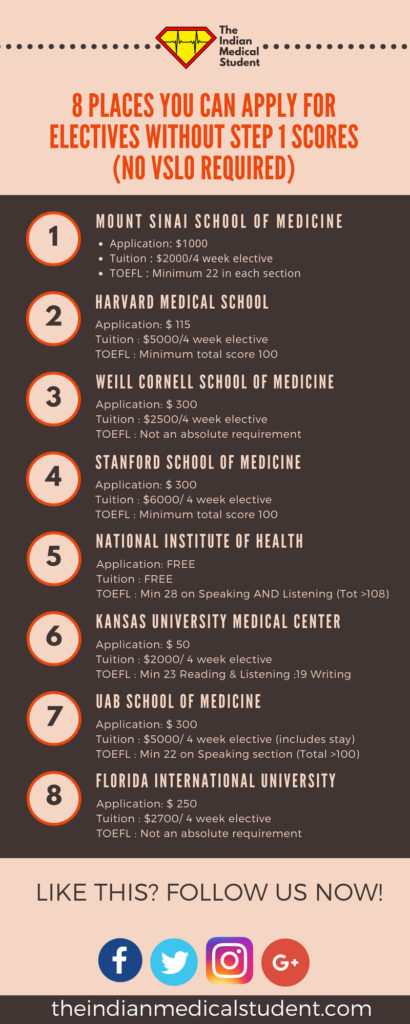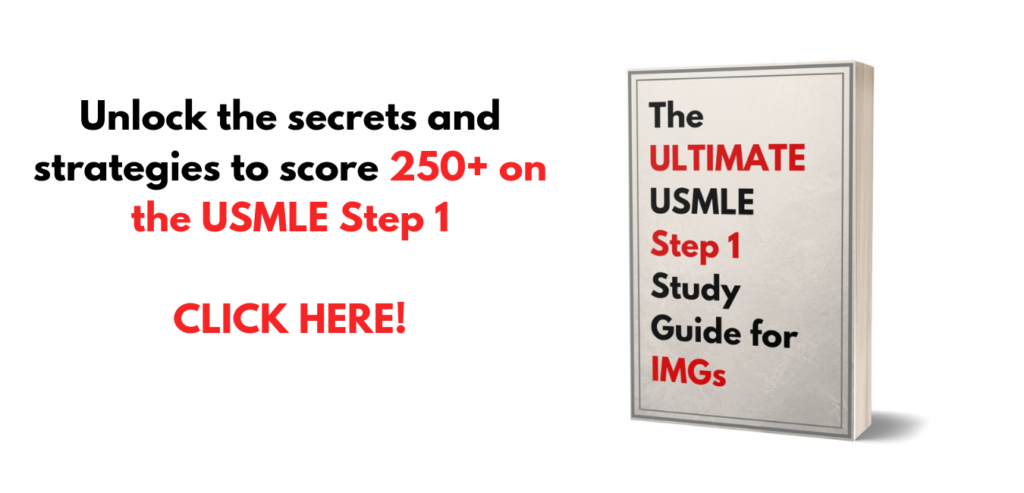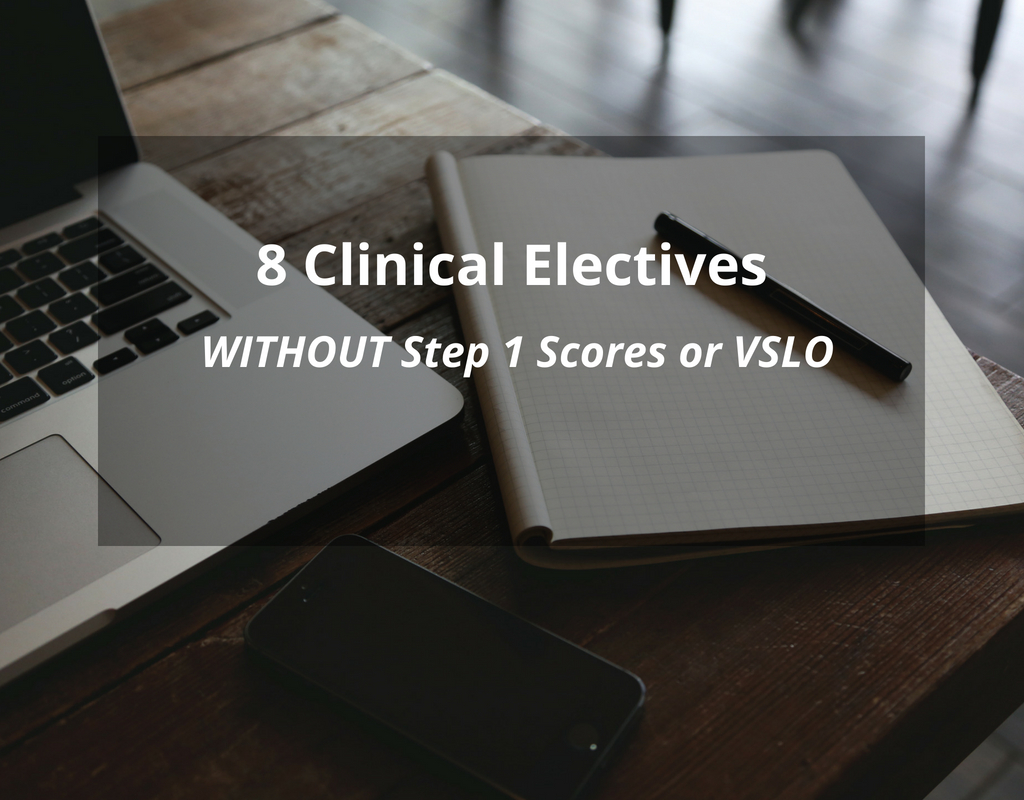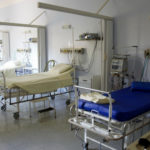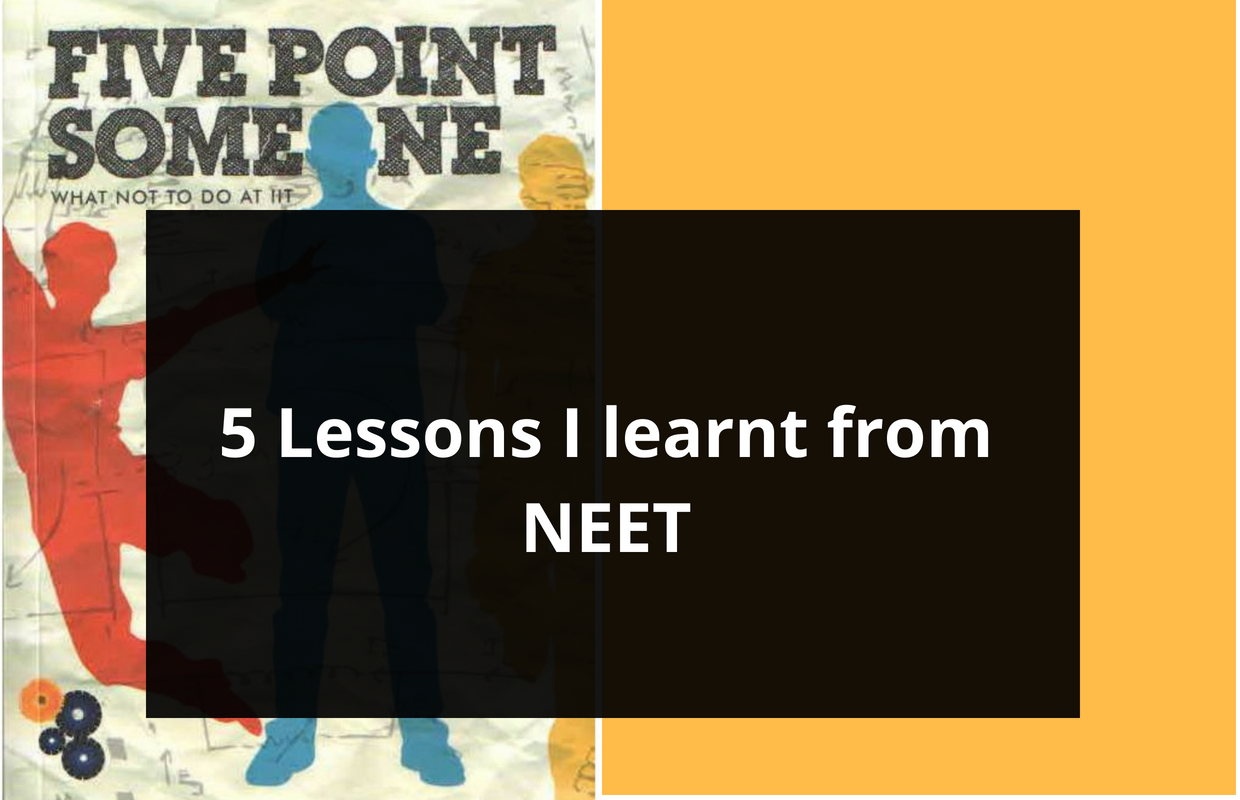Today we have with us Dr. Pooja Pande, giving us her 2 cents (or maybe 5) on the lessons she learnt while studying for NEET (PG). Having done her MBBS from BJ Medical College, Pune, Dr. Pande took a drop year and studied for her exam. She performed exceptionally well with an All India Rank of 366 and a Maharashtra state rank of 54. She is now pursuing MD (Radiology) at TATA Memorial Hospital, Mumbai.
This article is especially relevant for those of you going through Internship as well as those who have taken a drop year studying for NEET. Today I am going to share with you “The 5 Lessons I learnt from NEET”. Hope it helps you too!
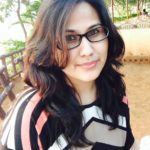
Too many cooks spoil the broth.
In the initial days of preparation, your anxiety and excitement work together to create a mental blueprint of your steps ahead into the year. The first question that comes to your mind when you start preparing this blueprint is, “What books should I be reading?” Just like the assorted basket of breads in an “all you can eat” spread, you land up with an assortment of study materials.
- Your class notes
- The topper’s notes
- Your friend’s notes
- Your Ex’s notes
- A collection of guidebooks and what not!
To add to all of this, you have limited time. Congratulations! you have the perfect recipe for disaster.
Many study resources + Limited time = DISASTER!
The syllabus of MBBS and NEET is limitless. The NBE (National Board of Examinations) that conducts NEET has the capability of crossing that limitless limit to ask you questions.
Out of the 300 questions asked, you are never going to be prepared enough to answer more than 70% of the questions. And that is perfectly normal. But the game is to answer those 70% correctly.
So I recommend that you use your own handwritten notes and one guidebook per subject. That is it. Period.
First Read reveals art, Revision reveals artist!
This is probably the most difficult step for someone preparing for a competitive exam. You have a vast syllabus (19 subjects) and very little time. Yes, you will never get enough time to read all the little details of the 19 subjects. Confused how to start?
Take a paper. Note down the total time you have from this point on. Divide that time according to each subject. Take into account your strengths and weaknesses too.
The first read will take time. Roughly a little more than a week for major subjects and around 5 days for the minor ones. Divide the subject into topics (example Medicine into CVS, CNS, GI, etc). Read your notes on the particular topic and simultaneously read the guide book if you feel you can add something to your knowledge. Immediately add extra points to your class notes!
The next step is to solve MCQs. Highlight the ones you got wrong as well as the ones you guessed right and the ones you think are really important. By the time you finish with a particular topic in this sequence, you should feel confident that you will not have to open the guidebook again (except maybe for the marked question topics).
Plan ⇒ First Read ⇒ MCQs ⇒ REPEAT
Trust me, that repeat is very crucial. By the end of your First Read, you should have with you:
- Your complete class notes
- Circled MCQs
- Basic idea of the trend of exam questions
These 3 things are what you will be revising in the future. When exams come close, not only will you gain weight, you will also have a very good cushion of FAT : Frequently Asked Topics.
Practice Tests. You can never take enough of them!
We style our preparation in a “one subject at a time” way. This gives us a false belief that things are totally under control. The truth is you will forget the stuff you have read a month before if you do not keep revising. the only way to prevent this is by giving Grand Tests regularly. They have mixed sets of questions that stimulate those precious gray matter neurons that have synapsed together to make you remember the things that you have learnt throughout your MBBS. You will be stoked at the amount of information you already have stored in your head from all those years of studying. This gives you a strong guessing ability that is super important while solving MCQs.
The more tests you solve, the more you come to know about important topics, the more grounded you become as you realize that you still have a long way ahead. You get to keep a track of your progress and appropriately change your study pattern. These tests will help you reassess your study blue print.
Discipline yourself and give tests. Stay Fresh, stay alert and advisably simulate exam conditions.
Good table, chair, laptops (not cell pones), timers and a well lit room.
Because all of us need parasitology charts on our toilet doors!
Yes! we do. You are going to realize the need for short and concise FATs (Frequently Asked Topics). CD markers, culture media, interleukins, most commons, life cycles, etc, etc, etc. Make them while revising and revise them close to exams. They are going to be your best friends close to the exam date.
A walk to remember.
You cannot measure your preparation by the amount of hours you put into study. If you are a post intern, you need to make sure you dedicate time to a physical activity that you like. Or, just head out for a walk! You are going to need that rush of endorphins. You cannot just sit in the captivity of your room or library. You do NOT have to sacrifice sleep or your health. After all this exam tests your presence of mind more than your memory.
Have the conviction that you are going to crack it.
There are going to be tough days. You are going to have a million breakdowns. But, you are going to get stronger with each passing day if you do not give up! Discipline yourself. Consistence matters in this rat race.
P.S. Point
There is no fixed formula that separates toppers from the rest. All that matters in the end is that you structure the year in a way that brings out the best in you. Home or library? Group studies or solo? 6 hours or 12 hours studying? Only You can answer these questions. Stay away from negativity even if the source of it is you. Stay away from people who constantly make you question your decision to do MBBS, the education system, time shortage, engineer Dinesh’s 9 lakh package , etc. Make yourself comfortable, have all the confidence you need and above all stay happy and enjoy the journey.
-Pooja Pande
[jetpack_subscription_form title=”Like this article?” subscribe_text=”Subscribe for FREE and get more of such articles directly to your inbox. Never miss an update” subscribe_button=”Subscribe FREE”]
If you have such experiences and content you would like to share with others, look at our Contribute Page.
Like this article? Share it with your friends!
